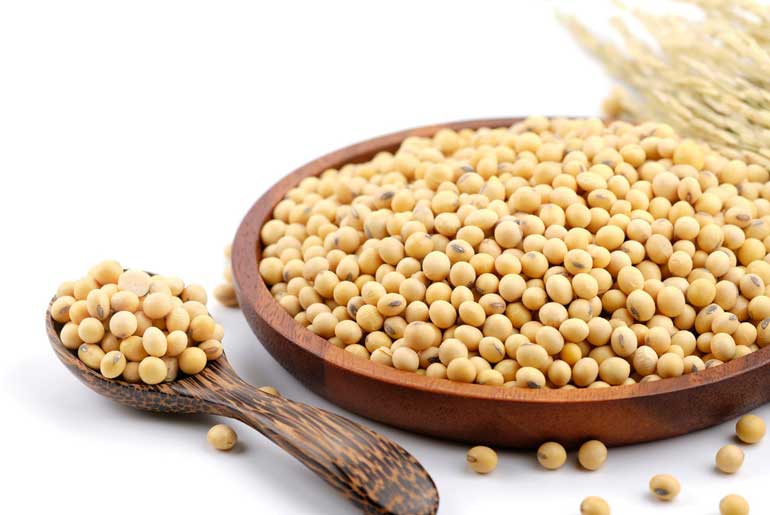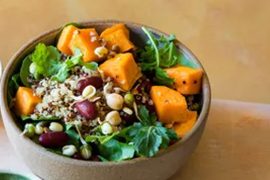In a recent clinical trial involving postmenopausal women, the consumption of soy protein containing isoflavones was found to have significant benefits for skin health. This study built upon existing literature and was conducted by scientists from Integrative Skin Science and Research in Sacramento, California, with funding provided by the United Soybean Board and oversight by the Soy Nutrition Institute (SNI) Global. The research, which has undergone peer review, revealed that women who consumed 30 grams of soy protein daily for a period of six months experienced notable improvements in their skin, including a decrease in wrinkle depth, pigmentation, and an increase in skin hydration.
While soybeans contain various components that could contribute to improved skin health, the primary focus of the study and existing evidence points to isoflavones as the key factor responsible for these observed benefits. Soybeans are a particularly rich source of these naturally occurring plant compounds. Importantly, the amount of isoflavones that women consumed during this study is equivalent to what can be found in just two servings of common soy foods, such as two cups of soymilk or one cup of tofu. These findings underscore the importance of incorporating soy foods into diets aimed at promoting skin health.
“We are encouraged by these results, which show that soy protein-based supplementation can benefit skin health. Postmenopausal women are especially susceptible to facial aging and these results show that soy isoflavone supplementation may improve skin health,” stated Dr. Raja K. Sivamani, board-certified dermatologist and bioengineer, and the lead researcher.
For the clinical trial, the women were randomly divided into two groups. One group consumed soy protein daily, while the other group consumed an equivalent amount of casein, which is the predominant protein found in cow’s milk. It’s worth noting that neither the study participants nor the researchers were aware of which group consumed which type of protein until the results were analyzed. This randomized, double-blind design helps ensure the validity and reliability of the study’s findings.
The key findings from the clinical trial involving postmenopausal women who consumed soy protein containing isoflavones are as follows:
- Wrinkle Reduction: Women in the soy group experienced a significant reduction in wrinkle severity. By weeks 16 and 24, wrinkle severity decreased by -4.8% and -6.5%, respectively, compared to the group that consumed casein.
2. Pigmentation Improvement: The soy group demonstrated a significant reduction in pigment intensity, with a 2.5% reduction observed at week 24, as compared to the casein group.
3. Hydration Enhancement: Women in the soy group experienced a remarkable increase in skin hydration, with a 39% improvement in the left cheek and a 68% improvement in the right cheek, as compared to their baseline measurements. No similar improvements were observed in the casein group.
Additionally, soy consumption in postmenopausal women may offer other health benefits, including potential relief from menopausal hot flashes and potential improvements in memory. The amount of soy protein used in the study has consistently demonstrated support for heart health by lowering blood cholesterol levels.
“When considering the nutrition that soy foods provide and the many possible health benefits, it certainly makes sense to add these foods to the diet. The wide range of soy foods available makes doing soy quite easy,” stated Mark Messina, Ph.D., Director of Nutrition Science and Research, Soy Nutrition Institute Global.
Soy foods are versatile and can be incorporated into various dietary options, providing a wide range of vitamins and minerals. Soy is a high-quality protein source, offering all nine essential amino acids in the quantities needed by the body. These findings emphasize the potential of soy as a dietary choice to promote skin health, while also highlighting its versatility and nutritional benefits in supporting overall well-being. For recipe ideas using soy, you can visit soyconnection.com/recipes.
Disclaimer:
The information contained in this article is for educational and informational purposes only and is not intended as a health advice. We would ask you to consult a qualified professional or medical expert to gain additional knowledge before you choose to consume any product or perform any exercise.








